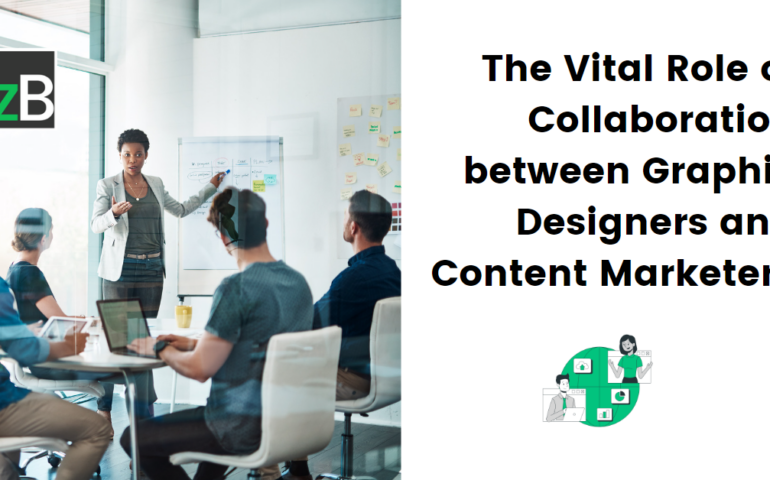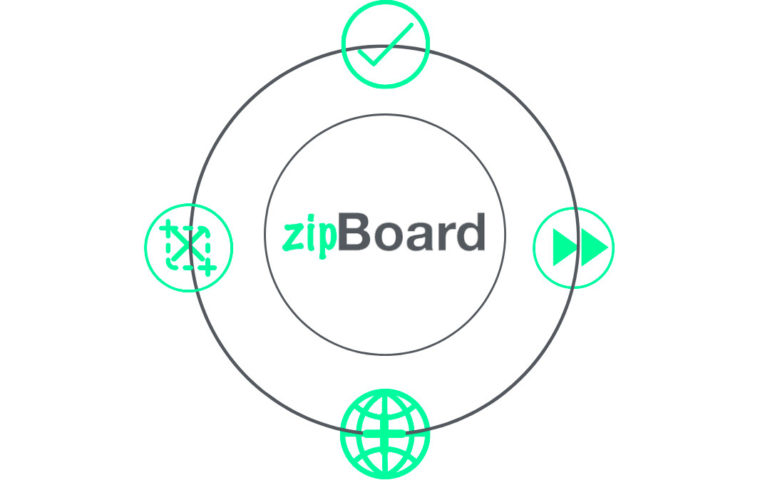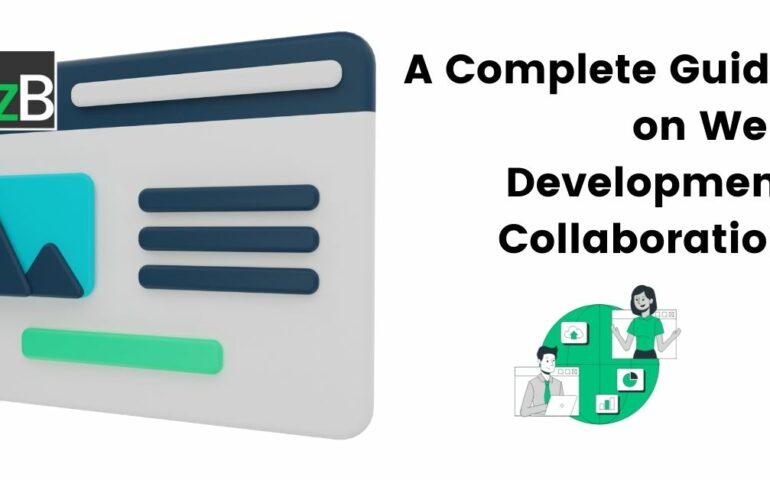10 Mar

Introducing zipBoard Business plan: Visual review and bug tracking platform for scaling development
Updated pricing plan, new features and exciting offers from zipBoard
18 Feb

The Vital Role of Collaboration between Graphic Designers and Content Marketers
Poor Collaboration Leads to Poor Results In a survey conducted by Fierce Inc, they found that after talking with over 1400 employees, 86% of them cited a lack of collaboration for workplace failures. 92% also agreed that hitting or missing a deadline will affect bottom-line results. This is due to the ripple effect poor design collaboration can
17 Feb

5 reasons why eLearning course development teams prefer zipBoard
eLearning courses have come a long way and so do the teams that develop them. The collaborators, reviewers, testers, stakeholders and clients are located across the globe, adding to the pile of challenges.
16 Feb

How to Adapt a PowerPoint Presentation for eLearning
A PowerPoint presentation is one of the most popular and essential ways to communicate information to others. Whether the goal is to educate students, pitch to potential stakeholders or a TED talk, PowerPoint is everywhere. When it comes to creating a presentation, the key is to craft a well-designed, visually rich presentation to cast a
03 Feb

Introducing zipBoard’s new web extension | An improved way to provide better visual feedback and reviews while collaborating effectively
We, at zipBoard, always continue to strive to give you the best visual annotation and bug tracking tool. A tool that has to be lightweight, easy to use, smooth, and easily adaptable so that it can be picked up swiftly by all the team members, collaborators, and clients. Not just that, it must contain all
31 Jan

6 surprising things you can learn from usability tests
Fixing bugs during the product development stage can be ten times more expensive than during the design process. That is why usability tests become a real money-saver for companies helping avoid serious product malfunctions developers will later struggle to fix. It’s been accepted by the UX community that five users are just enough to identify
zipBoard Updates: Video Reviews, Integrations, Kanban, Messages, New Pricing
We have made a lot of improvements in zipBoard.co to make reporting issues a breeze using videos. Now, your clients / SME’s can share their reviews not just using marked up screenshots, but marked up videos as well. Not just that, you can also use zipBoard to get reviews on videos created for your clients.
22 Jan

How to create engaging eLearning courses using the Agile methodology?
eLearning professionals who have been in the industry for over a decade know-how eLearning development have evolved over the years. Creating eLearning content can be a daunting process. Developing a curriculum, thinking the course design framework, and creating engaging content is imperative for providing value to learners. The eLearning development process often can be difficult
22 Jan

Tools For Remote Teams To Stay Connected
Remote communication and collaboration are not easy. But in the dynamic web design and development space, it’s the need of the hour. To bring the best talent on-board, here are some tools that ease your remote team challenges.
22 Jan

A complete guide on web development collaboration
A website has now become an integral part of every business. A good website helps with visibility, sharing information and gaining traffic, and subsequently revenue. One of the biggest challenges that is faced by developers and designers while designing a website is collaboration. Especially when working from home has become the new normal, it has
